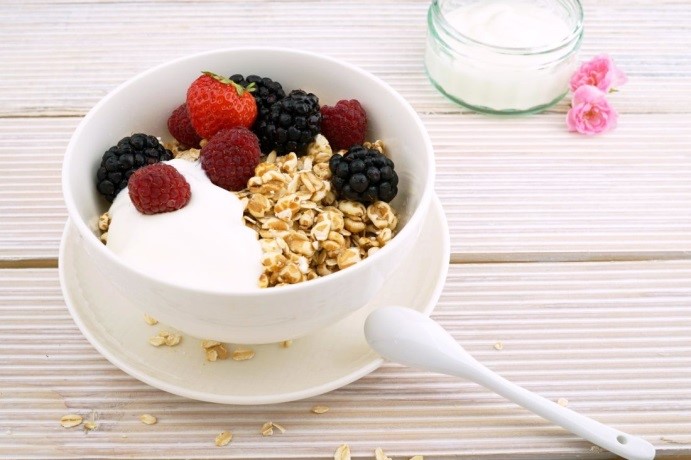Breakfast is the first meal of the day to be able to face school or work. Not only because it makes possible a better physical and mental performance, but also because it favors the possibility of a balanced division of all other meals, to the benefit of our well-being.
A healthy breakfast provides the necessary energy, after a night’s rest, and allows the body and the brain to start off at its best, thanks to the contribution of different nutrients. During fasting, our body uses the reserves of sugar of the liver that are waking up when we wake up: if we do not refresh with a good breakfast, we go to a compensation mechanism by burning the muscle proteins and in lower quantities the fat reserves to produce energy. Moreover, after a prolonged fasting, it tends to consume a hearty lunch and dinner, with a consequent massive storage of energy in the form of fats. An adequate breakfast helps increase the sense of satiety throughout the day, encouraging regular meals. It is now shown that those who do not have breakfast have more difficulty in controlling their weight and tend to adopt incorrect eating habits, which can then lead to serious illnesses. A study by the Harvard Medical School says that those who eat breakfast have a reduced risk of half developing obesity compared to those who skip it.
How to make it happen
No excuses! Spend the right time starting from 10 minutes up to half an hour (maybe on holidays). But how to find the time to do it? Some suggestions: prepare the clothes, the bag, the backpack of the children the night before; in the same way prepare the table with cups, cutlery, glasses, fruit and cereal. breakfast should be considered a pleasant time for a family gathering, to talk and discuss issues and daily tasks, if possible without haste, we must make it an important event not to be avoided. Or more simply, a moment to devote to oneself, as a daily cuddle, before tackling everyday commitments. For those who make breakfast at the bar in 10 minutes can alternate spending that time for a breakfast at home, preferably in the family. Breakfast should be considered one of the main meals along with lunch and dinner, and should provide about 20% of the daily calories.
What to eat
Milk or yogurt to provide proteins, vitamins, mineral salts and simple sugars; bread or rusks or cereal flakes as a source of complex sugars; fresh fruit or juice to essentially add fiber and vitamins; finally you can add a little sweetness with honey or jam and a stimulating effect by drinking a cup of coffee or tea. Of course you can play around with some fresh fruits and some hot drinking options to boost your metabolism and to start your day rich in energy and with the right foot for your whole health.
